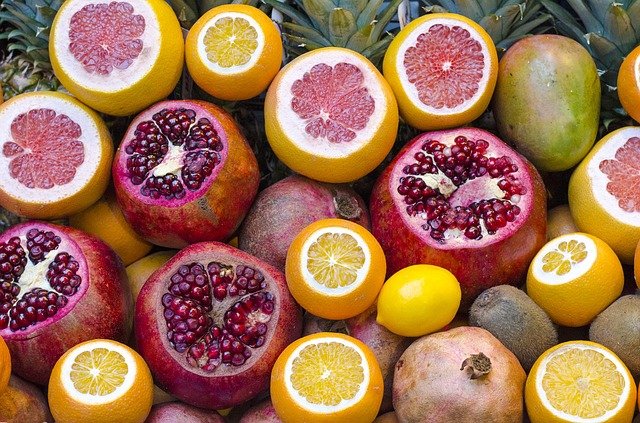Did you know that three out of four alcoholics have a glaring vitamin C deficiency – so severe that levels are as low as patients with scurvy? [SOURCE] That very many alcoholics often also lack thiamine (vitamin B1), vitamin B12, nicotinamide (B3) and pyridoxine (B6)? [SOURCE] And did you know that vitamin B1 naturally lowers the desire to drink alcohol? [SOURCE] That a deficiency of vitamin B1, for example, can lead to severe brain damage?
These are just a few examples of the nutritional problems alcoholics have. The science journalist Gaby Guzek, herself a former alcoholic, came across countless such connections during her research for the book “Bye bye, booze!” – and together with her husband, a physician and science journalist, turned them into a nutrient concept for herself, with which she successfully and above all easily finally got rid of the scourge of alcohol.
Researchers now know that the psyche has had its day as an explanation for the craving for alcohol. If you can’t keep your hands off the glass, it’s mainly due to nerve messengers such as serotonin, dopamine, GABA or glutamate, which alcohol throws off track. The sufferer feels permanently stressed, depressed or unmotivated – and reaches for the glass again and again because alcohol promises short-term improvement. The addiction spiral turns.
The book “Bye bye booze!” explains for the first time in a medically precise but easy-to-understand way why quitting alcohol is so difficult. Brain chemistry runs amok, weakness of will is not.

As if that weren’t enough, alcohol robs the body of vital nutrients.
As if that weren’t enough, alcohol robs the body of vital nutrients. Symptoms of nutrient deficiencies range from A for anxiety to Z for shakiness, but are often enough blamed on the psyche. Yet it would be so easy to close these gaps, thereby ensuring greater well-being and avoiding relapse. But alcoholics are expected to fight all this with sheer willpower. It’s no wonder that only about one in five drinkers manages to quit long-term with current treatment methods.
The authors have developed a nutrient plan that supported the successful alcohol withdrawal of Gaby Guzek – herself a sufferer. In the USA, some clinics started using nutrients in the treatment of alcoholics. Their successes are far above average. Even the founder of Alcoholics Anonymous, Bill W., was only able to become contentedly abstinent through nutrients.
Anyone who has read this book will come to understand the disease of alcoholism as a physical problem. Once you have seen through this, you will have a great help in getting out of the habit at your fingertips. Tips and tricks also reveal how a dry life can be implemented in everyday life. The book is aimed at all those who drink too much, at dissatisfied dry people and relatives of alcoholics.
You will find the nutritional program in the book “Bye bye, booze!”
